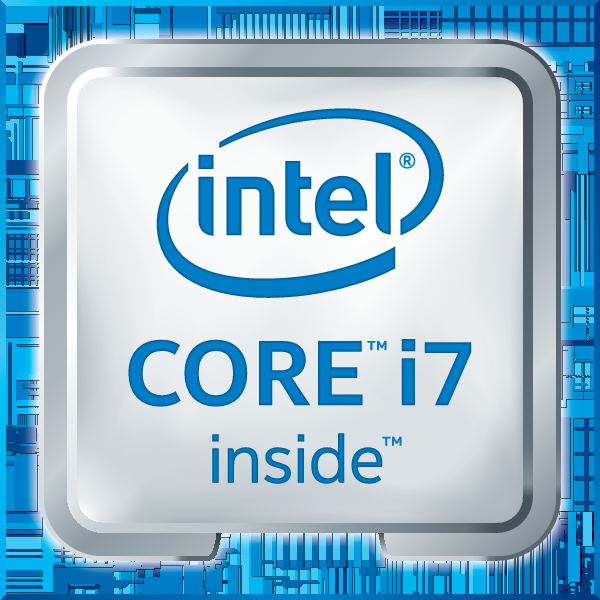
Intel's 6th gen 'Skylake' Core processor family revealed! Will it power Surface Pro 4?
Both Intel and AMD produce amazing processors. With that said, the former is currently outperforming the latter in overall performance. Gamers, business users and home consumers are all gaga over the company's processors.
Today, Intel unveils its full family of 6th generation Core processors, codenamed "Skylake". Many consumers have eagerly been awaiting the release of the chips. Best of all, they should run the recently released Windows 10 like a champ. Of course, Intel offers wonderful Linux support too.

24 years of Linux: From 'just a hobby' to hugely successful
Twenty-four years ago, Linus Torvalds wrote a post on Usenet announcing he was "doing a (free) operating system". He was asking for feedback and suggestions for features, making it clear that the project was "just a hobby".
Jump to 2015 and Linux is driving real innovation in some of the world’s largest and most successful enterprises, including Google, Amazon and Facebook. It is one of only two operating systems (OS) still growing and, with Windows set to grow by just 1.9 percent, Linux is in a league of its own at 13.4 percent compound annual growth rate (CAGR).

Bcachefs is a new speed-focus Linux filesystem from Kent Overstreet
Bcache was first announced by ex-Google engineer Kent Overstreet a little over five years ago. Now the Linux kernel block layer cache is being used as the basis for a new open source filesystem. The focus is on speed, but it is also hoped that the file system could be used for servers and storage arrays because of its reliability.
At this stage, Overstreet describes Bcachefs as "more or less feature complete" and says that even at this early stage performance numbers are "good enough to be interesting". At the moment, features such as replication, caching, and compression are supported, and there is the promise of snapshotting in future releases.
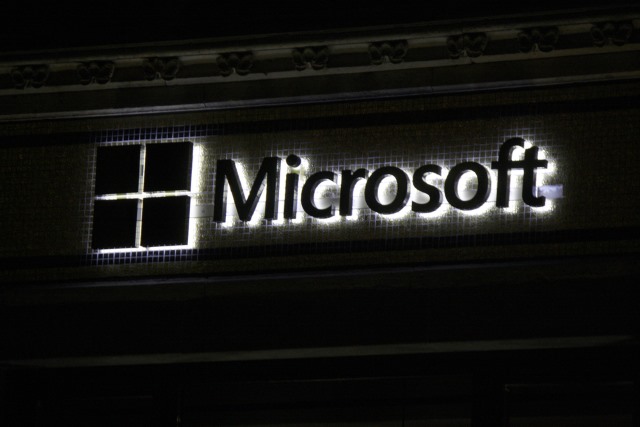
Windows Server 2016 Technical Preview 3 brings container support
As promised by Gabe Aul just over a week ago, Microsoft today releases Windows Server 2016 Technical Preview 3. One of the biggest new additions to this build is native support for Windows Server Containers, Microsoft's take on Linux containers.
Developers have been begging for container support in Windows Server for some time now, and the introduction of this feature could be the start of Microsoft offering up some serious competition to Linux server software. This is not the only new feature to be found in Windows Server 2016 Technical Preview 3, there's also software-defined datacenter enhancements and new Nano Server functionality.

IBM launches Linux-only mainframes for enterprises
IBM is making a serious bid for a slice of the enterprise Linux market with the launch of a new range of mainframe servers called LinuxONE.
At the top end of the market is LinuxONE Emperor, a machine based on the IBM z13 and which can scale up to support 8,000 virtual machines or thousands of containers. It also delivers the security and advanced encryption features needed by large enterprises.
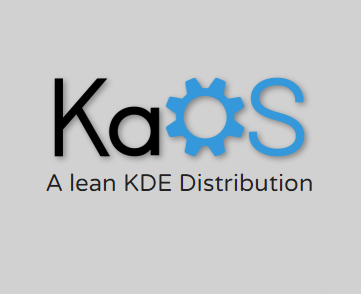
KaOS 2015.08 Linux distribution available now
Whether or not you are a KDE desktop environment user, you should have an interest in the project. In other words, whether you prefer GNOME, Xfce or something else, KDE's success is good for the overall Linux community.
While Kubuntu is probably the most popular distro based on KDE, there are many others. One of the he most exciting such operating systems, KaOS, announces a new 2015.08 ISO that is available now. If you haven't tried the OS before, I suggest you give it a try -- you may come away impressed.
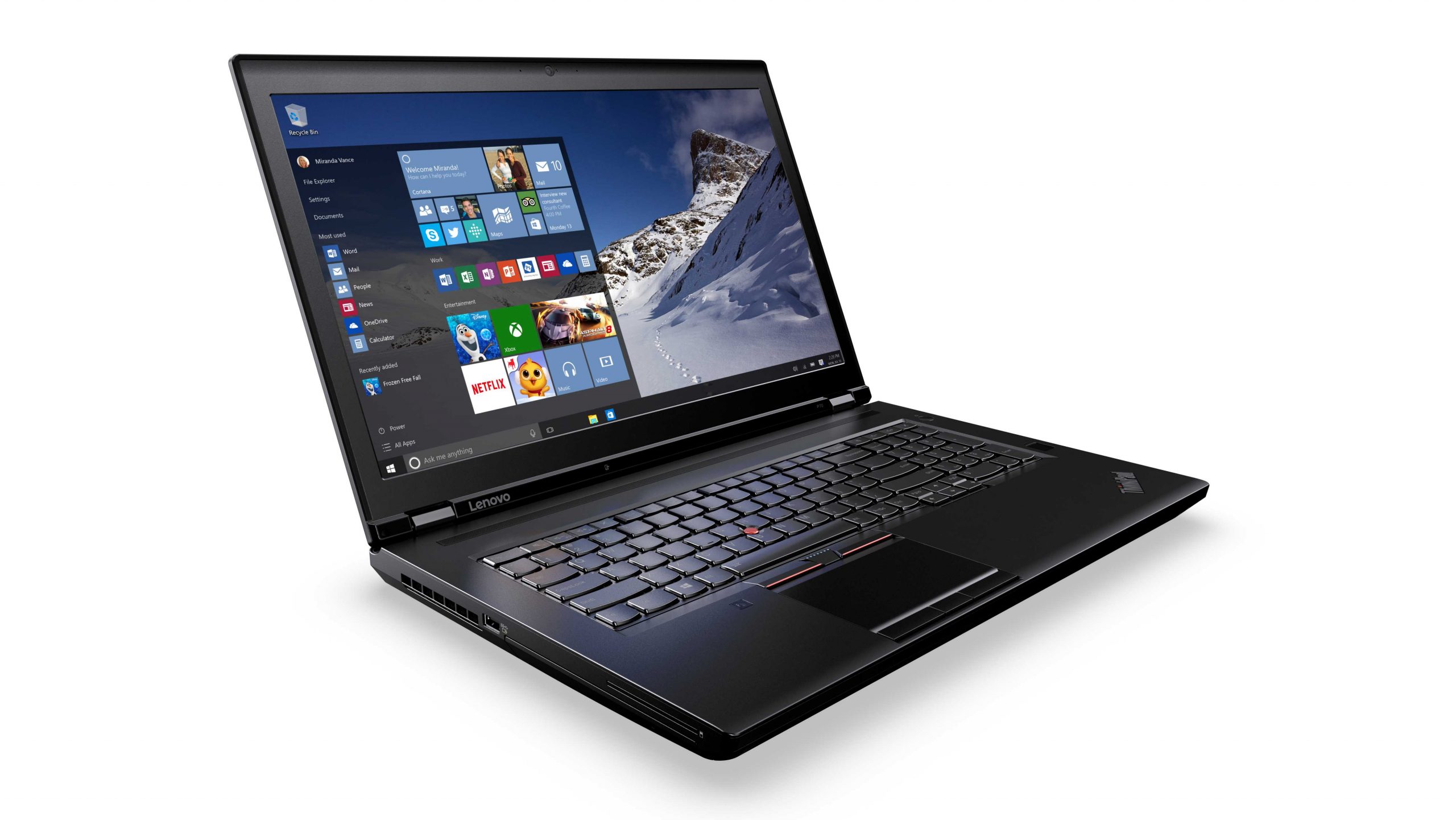
Lenovo's ThinkPad P50 and P70 laptops have Windows 10 and Linux configurations
When it comes to laptops, there is one word that conjures visions of quality like no other -- ThinkPad. Yes, the branding made famous by IBM and carried on by subsequent owner Lenovo, is an indicator to consumers and businesses that a laptop is worthy of their dollars. While not every ThinkPad branded product has been a home run, buying one rarely results in disappointment.
Today, Lenovo unveils the latest laptops to carry the prestigious branding -- the ThinkPad P50 and P70. Both computers run Windows 10 and have impressive specifications. Are one of these notebooks in your future?

Security is weakened because random numbers are not random enough
A lot of security systems are based on random numbers, prime numbers, or a combination of the two. But generating random numbers is not as random as you might expect -- or hope -- and it relies on sources of broadly random data that can be used as a starting point. The problem is that these sources of data are not large enough.
The entropy of data generated by Linux servers -- which are the backbone of much of the internet -- is, says security expert Bruce Potter, too low. Speaking at Black Hat USA 2015 -- an event which has already seen the unveiling of the Thunderstrike 2 firmware malware and the Stagefright-beating Certifi-Gate Android vulnerability -- Potter warns that the low entropy problem means that seemingly random numbers could in fact be easier to guess or crack than first thought.
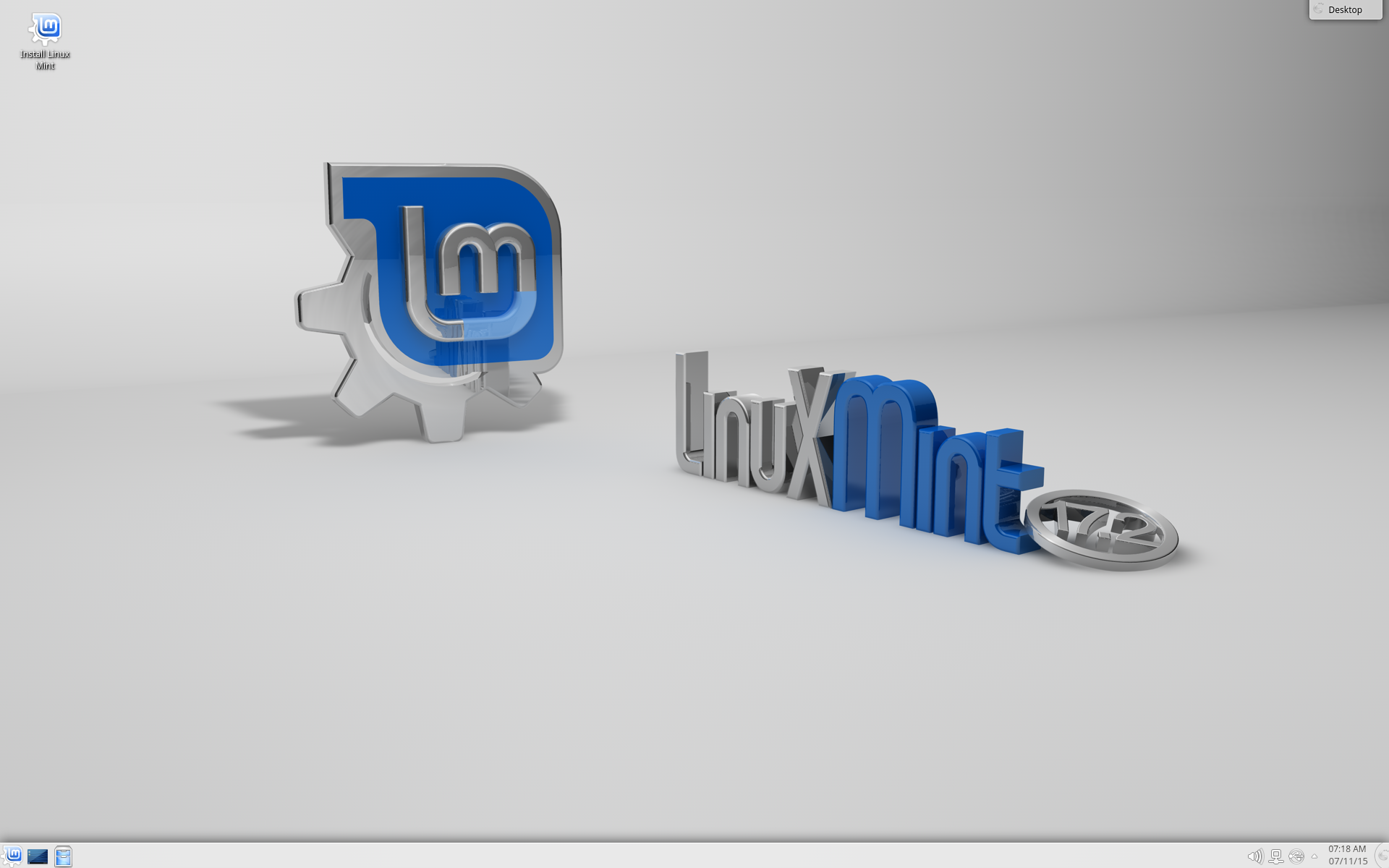
Linux Mint 17.2 'Rafaela' KDE and Xfce release candidates are here
Whether you are a beginner or expert, Linux Mint is a great distribution. Not only is it very easy to use, but beautiful too. It is quite apparent that the developers care for the operating system.
The two default desktop environments for Linux Mint -- MATE and Cinnamon -- are both wonderful, but I prefer the latter. A short period after the launch of a new version of the OS -- this time 17.2 Rafaela -- the Mint Team also releases KDE and Xfce editions as alternatives. Today, the release candidates for those environments become available, with Xfce updated to 4.12, and KDE brought to 4.14.2.

Google Cloud Platform gains Windows Server support
For a long time, Google Cloud Platform has been a Linux-only affair. Now that has changed. Recognizing that many of its customers work in mixed platform environments, Google has added Windows Server support into the mix.
Specifically, Windows Server 2008 R2 and Windows Server 2012 R2 are now supported, after seven months of beta support. During the beta period, Google made a number of Windows-specific tweaks to the Compute Engine virtualization stack.

System76 removes Adobe Flash from its Ubuntu Linux computers
Adobe is not having a good time right now. Its Flash product has more security holes than Swiss cheese, making it a recurring target for hackers and bad guys. The tech world owes Steve Jobs an apology for poo-pooing his choice to disallow Flash from iOS. Things have gotten so bad, that Mozilla is blocking it by default as a major security risk.
Today, however, System76 takes it to another level. The Ubuntu Linux-loving computer seller has decided to stop pre-installing Flash on its machines. The decision to pre-install Adobe's software on its computers -- as a way to make Linux more friendly -- looked wise back in 2007, but has now proven to be a disservice to its customers. Is System76 right to do this?

Canonical partners with Lenovo to launch Ubuntu-powered ThinkPad L450 laptops in India
Canonical, the commercial sponsor of Ubuntu, has partnered with computer OEM Lenovo to launch the ThinkPad L450 series running the Linux distro in India. Starting at Rs 40,000, the laptops will be available to purchase from selected commercial resellers and distributors.
As for the specs of the ThinkPad L450 series, users have the choice of Intel Core i3 and i5 processors, paired with AMD Radeon R5 M240 2GB VRAM Intel HD 5500 GPU, 4GB of RAM, and 500GB hard drives. The laptops sport a 14-inch display with HD (1,280 x 720) screen resolution.

Linux Mint 17.2 'Rafaela' available now for download
If you have never tried Linux Mint, you are doing yourself a huge disservice. It is a fantastically refreshing distribution -- built on the dependable Ubuntu -- that makes using a Linux-based operating system an absolute treat.
Typically featuring two desktop environments -- Mate and Cinnamon -- users can select an interface that meets their needs. Cinnamon in particular is very pretty, and has a traditional start menu that Windows defectors will appreciate. Today, Linux Mint 17.2 'Rafaela' reaches a "final" release. If you are using Linux Mint already, you should definitely upgrade, while Linux-curious outsiders should consider it too.

Ubuntu Linux 15.10 'Wily Werewolf' Alpha 1 now available
Ubuntu is one of the most popular Linux distributions -- arguably the most popular -- which is very much deserved. Canonical has taken the complicated and intimidating world of Linux and transformed it into an inviting operating system for the masses. While not as user-friendly as Windows or OS X, Ubuntu is certainly easier to use than Fedora or the dreaded Arch.
Today, Canonical announces that the next version of Ubuntu -- 15.10 'Wily Werewolf' -- reaches Alpha status. If you are a fan of the Unity desktop environment, however, you are not in luck. Alpha releases only represent the other flavors of the distro. Sadly, Ubuntu GNOME (my favorite) and Xubuntu are not yet available.

Linux Mint 17.2 'Rafaela' RC now available
Ubuntu is one of the best overall Linux distributions, but it does have its fair share of detractors. Many people dislike the direction Canonical takes sometimes, including the much-maligned Unity desktop environment. Truth be told, I rather like Unity, but I can understand why some people prefer different desktop environments.
If you like the Ubuntu base, but dislike Canonical and Unity, there is a very easy solution -- use Mint instead. Linux Mint is Ubuntu at heart, with different tweaks and desktop environments, such as Cinnamon, Mate and KDE. Today, the Mint team releases a release candidate for the upcoming version -- 17.2 'Rafaela'.
